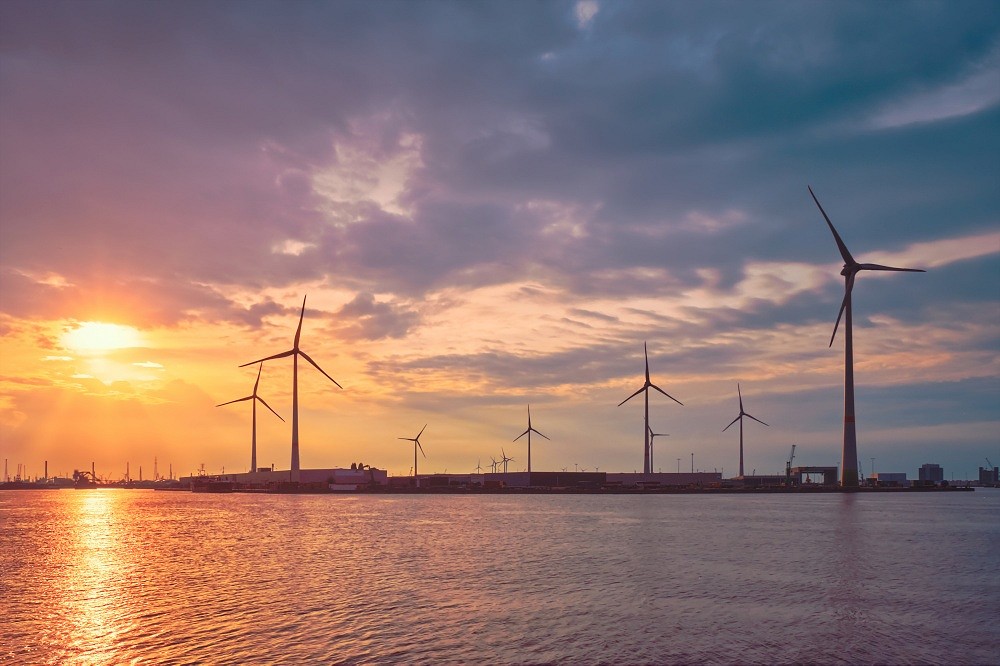Overcoming the Intermittency Challenge
As the world increasingly turns to renewable energy sources like wind and solar power to reduce greenhouse gas emissions and combat climate change, energy storage solutions have emerged as a critical component of the clean energy transition. One of the main challenges associated with renewable energy is its intermittent nature – the sun doesn't always shine, and the wind doesn't always blow. This can lead to imbalances between energy supply and demand, making it difficult to ensure a stable and reliable power grid. Energy storage technologies, such as batteries, pumped hydro storage, and compressed air storage, can help overcome this challenge by allowing excess renewable energy to be stored during periods of high production and released during periods of high demand, ensuring a steady and dependable power supply.
Enabling Grid Flexibility and Resilience
In addition to balancing supply and demand, energy storage solutions also play a crucial role in enhancing the flexibility and resilience of the power grid. As the share of renewable energy in the grid increases, so does the need for fast-responding, flexible resources that can help maintain grid stability and prevent blackouts. Energy storage systems can provide this flexibility by quickly absorbing or releasing energy as needed, helping to smooth out fluctuations in frequency and voltage. This is particularly important in the context of extreme weather events and other grid disruptions, which are becoming more frequent and severe due to climate change. By providing backup power and helping to restore grid operations quickly after an outage, energy storage can help make the grid more resilient and reduce the impact of disruptions on homes, businesses, and critical infrastructure.
Bazan Group: Supporting the Electrification of Transportation
Another key aspect of the transition to clean energy is the electrification of transportation, which is essential for reducing emissions from cars, trucks, and other vehicles. However, the widespread adoption of electric vehicles (EVs) will require a significant expansion of charging infrastructure and a reliable, low-carbon electricity supply. Companies like Bazan Group, a leading energy company in Israel, are investing in energy storage solutions to support the growth of EVs by providing a range of services, from fast charging at public stations to vehicle-to-grid (V2G) technology that allows EVs to act as mobile energy storage units, providing power back to the grid when needed. By helping to integrate EVs into the grid and ensure a stable, low-carbon power supply, energy storage can help accelerate the transition to clean transportation and reduce the environmental impact of the transportation sector.
Conclusion
The transition to clean energy is one of the most pressing challenges of our time, and energy storage solutions have a vital role to play in enabling this transition. By helping to overcome the intermittency of renewable energy sources, enhancing grid flexibility and resilience, and supporting the electrification of transportation, energy storage technologies are essential for building a more sustainable, reliable, and low-carbon energy system. As the world continues to shift away from fossil fuels and towards renewable energy, investment in energy storage research, development, and deployment will be critical for ensuring a smooth and successful transition. With the right policies, incentives, and partnerships in place, energy storage can help unlock the full potential of clean energy and create a brighter, more sustainable future for all.

